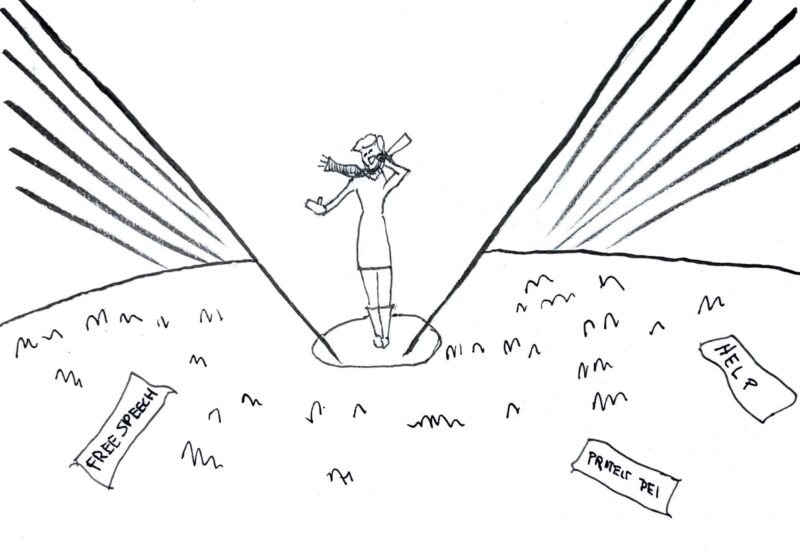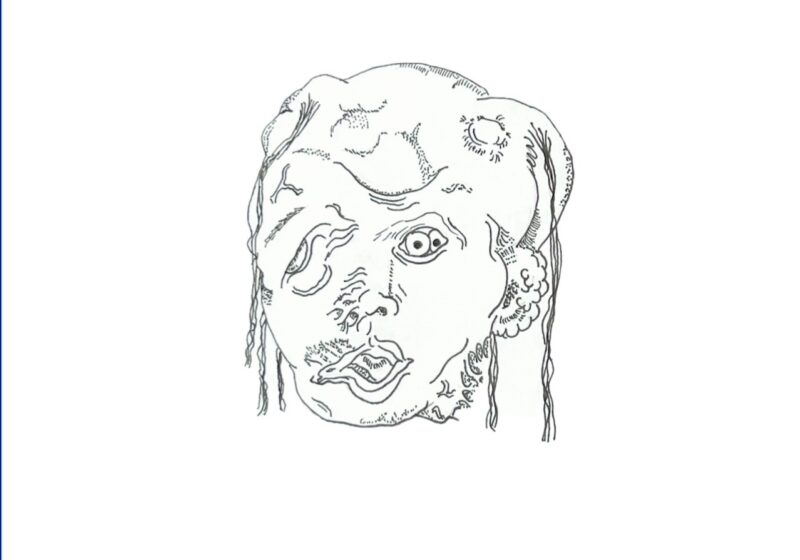Professors, you’re failing us – at least according to a report recently endorsed by Lynn Cheney and a variety of politicians.
The report, written by the American Council of Trustees and Alumni, criticizes U.S. academic institutions for failing the war effort and, more importantly, the country.
It criticized students, professors, speakers and institutions. It lambasted professors who suggested that America might share some of the blame for the attacks. It attacked students who felt America wasn’t addressing the underlying problem by bombing Afghanistan. It questioned speakers who suggested alternative peaceful solutions to the conflict. It argued that institutions did not foster a positive environment for those who agreed with the war effort.
The ACTA goes as far as criticizing a professor at Princeton University who reminded Americans that while there was an understandable desire to punish those who were responsible for the terrorist acts, Americans needed to remember their terrible history of interning minority groups during WWII.
The message sent by the report is clear – colleges and universities are telling us to blame America first for the terrorist actions on Sept. 11 and thus failing the country.
It isn’t that simple and, in fact, the ACTA’s argument is largely incorrect.
I need to make it clear that I’m not writing this because I disagree with America’s response to the attacks on Sept. 11. I’m writing because I don’t see a problem with those who question Amer-ica’s motives and I don’t think their questions make them disloyal to the United States, especially in an academic context.
America’s colleges and professors are not failing the country. In fact, those that question – and even disagree with – official government positions highlight one of the most important values in our democratic society – the right to question and disagree.
Just because 92 percent of the American public rallied behind President Bush’s decision doesn’t inherently make his action right. One of the roles of America’s institutions of higher education is to question and examine. Just because the vast majority of the American public supported the initial action doesn’t mean there aren’t questions about the reasons behind the attacks and the way America’s solutions have been implemented.
American colleges also play an important role by educating us about broader issues and things to which we might not otherwise be exposed. The attacks on Sept. 11 highlighted the lack of understanding of other cultures and how our actions affect them.
It is never a failure to promote a better understanding or independent thinking, which to a large extent is just what American colleges have done.
Hildebrandt can be reached at thildebrandt@campustimes.org.




